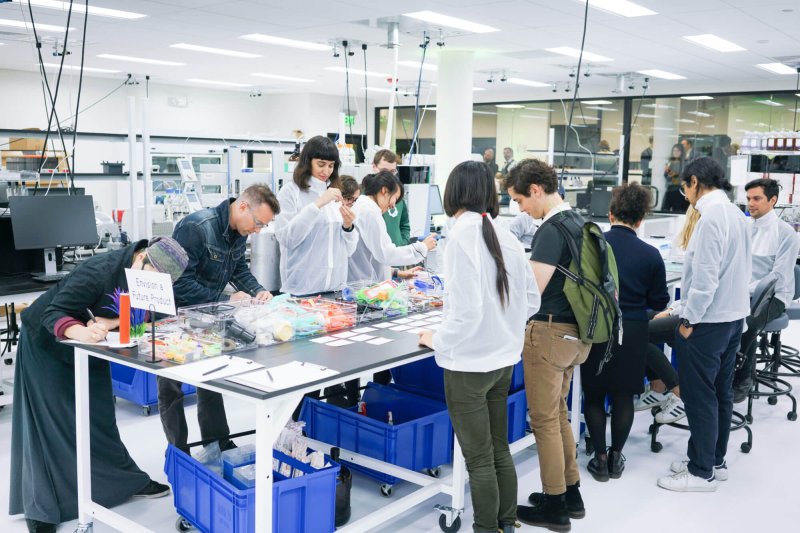Many of the products we use every day—plastics, cosmetics, clothing, fertilizers, and even aspirin—include molecular ingredients derived from petrochemicals. But, says Zach Serber, PhD, CSO and co-founder of Zymergen, the potential to create new materials from petrochemicals has largely played out.
… An important source for the molecular diversity needed to produce the materials and innovations of the future in Zymergen’s estimation can be found in synthetic biology approaches to designing custom-engineered microbes.
The U.K. Royal Society defines synthetic biology as “the design and construction of novel artificial biological pathways, organisms, and devices or the redesign of existing natural biological systems.”
…
[Ginkgo Bioworks has been] focused on the design of custom microbes for their customers in a variety of markets. The foundation of its business model is what it calls foundries—essentially genetically modified organism factories—that have enabled the company to design and test engineered microbes.
…
The company is also working to address agricultural challenges by engineering soil microbes capable of fixing nitrogen and providing the essential nutrient to crops such as wheat and corn as an alternative to traditional nitrogen fertilizers. “It’s an inspiring project,” [Ginkgo head of automation Jeff] Lou declares. “We get to work on some of the hardest problems in world.”
Read full, original post: Synthetic Biology Goes to Nature…and Beyond































